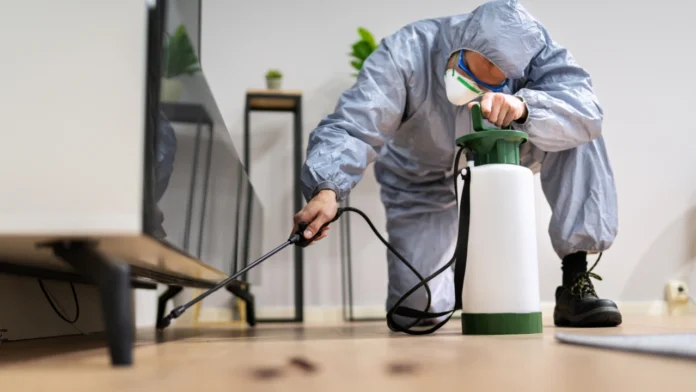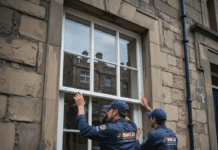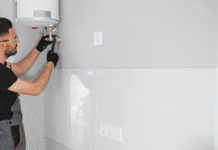Last Updated on January 22, 2026 by Rida Gul
Pest control is crucial in today’s fast-paced world, as pests can disrupt daily life and cause diseases. Modern pest control strategies combine innovative techniques with professional services to create a healthy, disease-free environment. These methods have evolved, incorporating science, technology, and professional expertise to ensure better outcomes and minimal environmental impact. This guide delves into the evolution of pest control practices and their effects on creating pest-free spaces, highlighting the importance of pest management on a large scale.
Table of Contents
Key Takeaways
- Learn effective strategies for maintaining a pest-free environment.
- Discover modern pest control methods that are environmentally friendly.
- Recognize the value of expert pest control services over DIY approaches.
Introduction to Modern Pest Control
Pest control has evolved from traditional methods, often heavily reliant on chemicals, to contemporary practices emphasizing safety and efficacy. Historically, pest control solutions involved blanket insecticide spraying, which might have eradicated pests but at the cost of environmental harm. Today, the methods incorporate a strategic approach, using targeted techniques and products that are effective against pests and gentle on the environment.
Using biological controls, such as beneficial insects, to control pest populations demonstrates how contemporary tactics include natural remedies. The shift towards these safer practices has been imperative, reflecting a broader global awareness of environmental stewardship.
DIY Pest Control: Does It Work?
The appeal of do-it-yourself pest control lies in saving money, but it often falls short in effectiveness. A thorough pest inspection can help identify hidden infestations and underlying causes that DIY methods might miss. Many homeowners use traps, baits, or natural remedies only to find these solutions provide temporary relief. DIY approaches frequently fail to address the root cause of infestations, leading to recurring pest problems. While some may have initial success, anecdotal evidence suggests a high recurrence rate without professional help.
Professional Pest Management: A Deeper Look
Because of their all-encompassing strategy, professional pest control services provide a dependable solution. Experts leverage their training to identify visible symptoms and underlying issues supporting pest populations. They offer specialized treatment programs to fit the particular pests and their habitats. Equipped with advanced tools and chemicals unavailable to the public, these professionals deliver more effective solutions, often transforming pest-prone areas into stable, habitable spaces.
Environmentally Friendly Pest Control Solutions
The rise of eco-consciousness has led to advancements in green pest control solutions, focusing on natural, non-toxic alternatives instead of traditional pesticides. Methods like traps, oils, and physical barriers prevent pest entry without causing harm. These practices benefit the environment and reduce health risks associated with chemical exposure. The EPA provides guidance on safe and sustainable pest management practices.
Prevention Tips for Keeping Pests at Bay
Prevention is key in pest management. While extermination solves immediate issues, effective strategies can prevent future invasions. Simple actions like sealing entry points, fixing leaks, and maintaining cleanliness can greatly reduce pest risks. Regular inspections further ensure your space is uninviting to pests by removing potential food and shelter sources.
Integrating Technology with Pest Control
Integrating technology into pest control has transformed the industry, providing new detection and eradication methods. Digital monitoring systems like infrared detectors and smart traps enable continuous oversight for early pest identification and timely response. Additionally, automated pest control devices operate independently, making the process more efficient while ensuring precise interventions with minimal chemical use.
Future of Pest Management
Technological innovation and sustainability are shaping the future of pest control. The industry increasingly adopts integrated pest management practices that balance biological control, habitat manipulation, and monitoring to minimize chemical pesticide use. As environmental awareness rises, there is greater demand for effective and eco-friendly solutions, paving the way for advancements in sustainable pest control methods.
Apart from that if you want to know about “Unconventional Pest Control: Harnessing the Power of Steel Wool to Safeguard Your Home ” then please visit our Home Improvement Category.
















